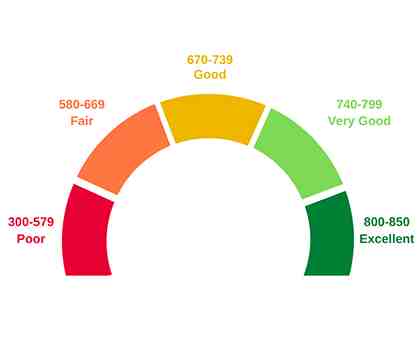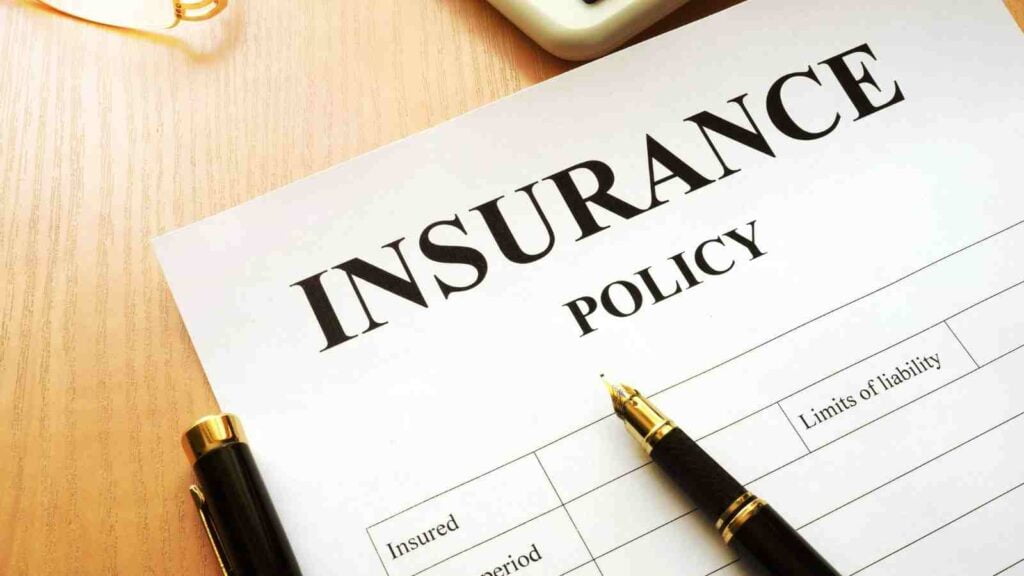When it comes to our health, having insurance is crucial. It helps us cover medical expenses, making it easier to access the care we need without facing overwhelming bills. However, many people don’t realize that health insurance can also have an impact on their credit score. Your credit score is a three-digit number that reflects how well you manage your finances, and it plays a significant role in determining your eligibility for loans, credit cards, and even housing.
In this article, we’ll explore the relationship between health insurance and credit scores. We’ll discuss how medical debts can arise even with insurance coverage, the ways these debts can affect your credit score, and recent changes in reporting practices that may benefit consumers. Additionally, we’ll provide practical tips for managing medical bills and improving your financial health. Understanding this connection is essential for making informed decisions about your healthcare and finances.

Impact of Medical Debt on Credit Scores
Medical debt has a significant impact on credit scores in the United States, affecting millions of Americans. As of recent reports, approximately 15 million consumers carry around $49 billion in overdue medical bills that can hinder their creditworthiness.
Medical debt typically becomes a problem when unpaid bills are sent to collections, which can occur after 90 days of non-payment. Once in collections, these debts can be reported to credit bureaus, leading to a negative impact on credit scores that can last for up to seven years.
However, recent regulatory changes are aimed at alleviating this burden. In 2022, major credit reporting agencies like Equifax, Experian, and TransUnion began removing paid medical debts from credit reports and established that medical debts under $500 would not affect credit scores.
Furthermore, the Consumer Financial Protection Bureau (CFPB) has proposed new rules to eliminate the inclusion of medical debt altogether from credit reports. This initiative is designed to improve consumer protection and is expected to increase average credit scores by about 20 points for those affected.
The proposed changes would also prevent lenders from using medical debt as a criterion for loan eligibility, which could facilitate greater access to housing and employment opportunities for individuals burdened by medical expenses.
Retirement and Health Coverage
Despite these positive developments, the underlying issue remains: many Americans still face substantial medical bills due to high healthcare costs and billing errors. While the proposed regulations aim to reduce the financial repercussions of medical debt on credit scores, consumers are still responsible for paying their medical bills.
Therefore, while progress is being made to protect consumers from the adverse effects of medical debt on their credit scores, the complexities of healthcare billing continue to pose challenges for many individuals across the country.
How Health Insurance Affects Medical Debt

Health insurance can significantly influence medical debt, even for those who are insured. While coverage is intended to mitigate financial burdens, high deductibles, copayments, and uncovered services often leave patients with substantial out-of-pocket expenses.
Many insured individuals still face medical bills that they cannot afford, leading to potential debt if these bills remain unpaid and are sent to collection agencies.
Notably, unpaid medical debt can adversely affect credit scores once reported, though recent regulatory changes have aimed to limit this impact by delaying reporting and removing certain debts from credit reports altogether.
Using Partner’s Insurance for Pregnancy
Despite these protections, the complexity of medical billing and unexpected health events can trap many in a cycle of debt, demonstrating that having health insurance does not guarantee immunity from financial strain due to medical expenses
Consequences of Unpaid Premiums
Failing to pay your health insurance premiums can lead to several consequences, which may include:
- Policy Lapse: If premiums are not paid on time, your health insurance policy may lapse, meaning the coverage will no longer be valid.
- Grace Period: Insurers usually offer a grace period of 15-30 days for payment after the due date. If you pay within this period, your policy can be reinstated.
- Loss of Continuity Benefits: Not renewing your policy on time can result in the loss of benefits like no-claim bonuses, which reward you for claim-free years.
- Coverage Gap: Any claims made between the due date and the payment date may not be covered, leaving you uninsured during this period.
- Waiting Period Reset: If you miss the renewal date, you may have to undergo the waiting period again for pre-existing conditions, which is typically 2-4 years.
- Debt Collections: If you do not comply with payment requests, the insurance company may send the outstanding premiums to debt collections.
Health Insurance After Quitting Job
It’s crucial to pay health insurance premiums on time to avoid these repercussions and maintain continuous coverage. If you’re facing financial difficulties, it’s often possible to work out a payment plan with the insurance company.
Strategies for Managing Medical Debt
To effectively manage medical debt, consider the following strategies:
- Verify Bills for Accuracy: Always check your medical bills for errors. Request itemized statements and dispute any discrepancies with your provider to avoid overpaying.
- Prioritize Payments: Sort your bills by the due date and prioritize those with the most significant penalties for late payment. This helps you avoid additional fees and interest charges.
- Negotiate with Providers: Contact your healthcare providers to discuss your bills. Many are willing to negotiate discounts for upfront payments or set up manageable repayment plans.
- Utilize Flexible Spending or Health Savings Accounts: If available, use funds from FSAs or HSAs to cover medical expenses tax-free, reducing the need for debt.
- Set Up a Payment Plan: If you cannot pay a bill in full, request a payment plan from your provider. They may allow you to spread payments over time without incurring interest.
- Seek Professional Assistance: Consider hiring a financial advisor or medical billing advocate who can help negotiate bills and create a structured payment plan tailored to your financial situation.
- Explore Financial Assistance Programs: Research local charities, non-profits, or government programs that may offer assistance for medical bills based on income or financial hardship.
By implementing these strategies, individuals can better manage their medical expenses and reduce the risk of accumulating unmanageable debt.
FAQs
Q 1. Can paying my health insurance premiums late affect my credit score?
Ans. While late payments on health insurance premiums are not reported to credit bureaus, if your account is sent to collections due to non-payment, it could affect your credit score.
Q 2. What should I do if a medical bill in collections is paid but still on my credit report?
Ans. You should contact the credit bureau to dispute the entry. As of 2022, paid medical collections should be removed from your credit report.
Q 3. Are there any new laws that protect consumers from medical debt affecting their credit scores?
Ans. Yes, recent changes include a grace period before medical debt is reported and the exclusion of medical debts under $500 from credit reports.
Q 4. How long do unpaid medical bills stay on my credit report?
Ans. Unpaid medical bills can remain on your credit report for up to seven years, but as of 2023, there’s a 365-day waiting period before they are reported.
Q 5. If I have an outstanding medical bill, will it always end up on my credit report?
Ans. Not necessarily. If you pay the bill or make arrangements with the provider or collections agency, it may not be reported to the credit bureaus.
Q 6. Can errors on medical bills be fixed after they’ve been sent to collections?
Ans. Yes, you can still dispute errors with the healthcare provider or collections agency even after the bill has been sent to collections.
Q 7. What steps can I take if I’m overwhelmed by medical debt?
Ans. Consider speaking with a financial counselor or medical billing advocate, and explore options like financial assistance programs or charity care.
Conclusion
In conclusion, the relationship between health insurance and credit scores is complex and multifaceted. While having health insurance can help mitigate the risk of incurring overwhelming medical debt, it does not eliminate the possibility of financial strain due to high out-of-pocket costs or billing errors. Unpaid medical bills can significantly impact credit scores, especially if they are sent to collections.
However, recent changes in reporting practices by credit bureaus offer some relief for consumers, as they now consider the nuances of medical debt more favorably than before. Individuals must stay informed about their medical expenses, understand their insurance coverage, and actively manage their finances to avoid negative repercussions on their credit scores.

Archer Finnegan is a certified health insurance advisor with over 7 years of experience in the industry. Holding a CHIA (Certified Health Insurance Advisor) designation, Archer is passionate about helping people understand their coverage options. As an author on our FundFinesse blog, Archer writes easy-to-understand articles that make health insurance simple and accessible for everyone.


